Foreward
No other prayer, aside from the Lord’s Prayer, has had a deeper impact on my life than what The United Methodist Hymnal calls, “A Covenant Prayer in the Wesleyan Tradition.” Most people simply call it the “Wesley Covenant Prayer.” I’m grateful Chris Folmsbee has prepared this excellent resource for pondering, praying, and practicing the Covenant Prayer. He’s a great writer, thinker, and leader in Christian discipleship, and I know you’ll find this book inspiring and helpful.
I first learned of the Wesley Covenant Prayer in college. When I read it, then prayed it, it immediately spoke to me. Over the next couple of years, I memorized it, and somewhere along the way, I began praying it every morning. As I wake each day, I slip to my knees next to my bed, lift up my hands, and offer a word of praise to God. I spend time thanking God, ask for God’s forgiveness, pray for others, then yield myself to God. It is in this last part of my prayer time that I turn to the prayer Wesley encouraged Methodists to pray at their Watch Night services.
Every morning for almost thirty-five years, I’ve made this prayer my prayer. Often, I pray it just as it appears here in this book. Sometimes I shorten it to its most basic element, drawn from Isaiah’s prayer to God, “I’m here; send me” (Isaiah 6:8) or, “I’m yours, Lord; use me today.”
I’ve often pondered the fact that I prefer praying some parts of the prayer over others. I’m really good with these parts: “Put me to doing . . . let me be employed by you . . . exalted for you . . . let me be full . . . let me have all things.” These are easy to pray.
The real test is in praying their counterparts: “Put me to suffering . . . let me be laid aside for you… brought low for you . . . let me be empty . . . let me have nothing.” No, these are not so easy to pray.
I had someone write to me several years ago who had broken a limb. They said, “I don’t think I want to pray this prayer anymore. What kind of prayer asks God to put us to suffering?!” I responded, “This prayer is not about asking God to make us suffer for the sake of suffering. There are times that doing God’s will might involve sacrifice or suffering, and as we pray this prayer, we are saying, “Even if it is costly, I want to do your will, O Lord.” This is what Jesus was praying in the garden of Gethsemane when he said, “Not my will, but thy will be done.”
My life has been lived far more often on the doing, employed, exalted, full, all things side of the prayer. But occasionally, I’ve experienced suffering and sacrifice. I’ve had moments when I was brought low, or empty, or when I felt like—at least spiritually and emotionally—I had nothing left. In those moments, this prayer means even more to me.
The Covenant Prayer leads me to think about the disciples in Acts 5:41, where, after having been beaten by the authorities, “The apostles left the council rejoicing because they had been regarded as worthy to suffer disgrace for the sake of the name.” I think of Paul and Silas singing hymns at midnight in that Philippian prison cell. They had been beaten and stripped naked and humiliated in front of the people of Philippi. But they had sought to faithfully preach and teach and do God’s will and, somehow, they believed God would work through their pain and imprisonment too. This gave meaning and hope to their suffering.
Sometimes our suffering is just part of life—I think of a couple of emergency-room visits for a rupturing appendix and an angry gall bladder that needed to come out. I knew God didn’t cause these things, but as I prayed this prayer in the emergency room, or in pre-op, I was asking God to use these circumstances to sanctify me and to shape my life, and to use me in these circumstances to express his love to those in the emergency room or operating room. The Covenant Prayer, with its idea of yielding everything to God and inviting God to use all circumstances in our lives, does bring meaning to our suffering.
But perhaps as important, when we’re living on the doing, employed, exalted, full, all things side of life, this prayer reminds us that all of these moments are intended to be lived for God. We are “blessed to be a blessing.” We give our successes to God, recognizing God is the ultimate source of all good things, and we look for ways that our actions, our employment, our influence, and our blessings may be used for the glory of God.
How grateful I am for this prayer, and grateful for Chris Folmsbee’s invitation to see in it new insights. Here we have new ways not only to pray this prayer, but also to live it.
Adam Hamilton
Senior Pastor
The United Methodist Church of the Resurrection
